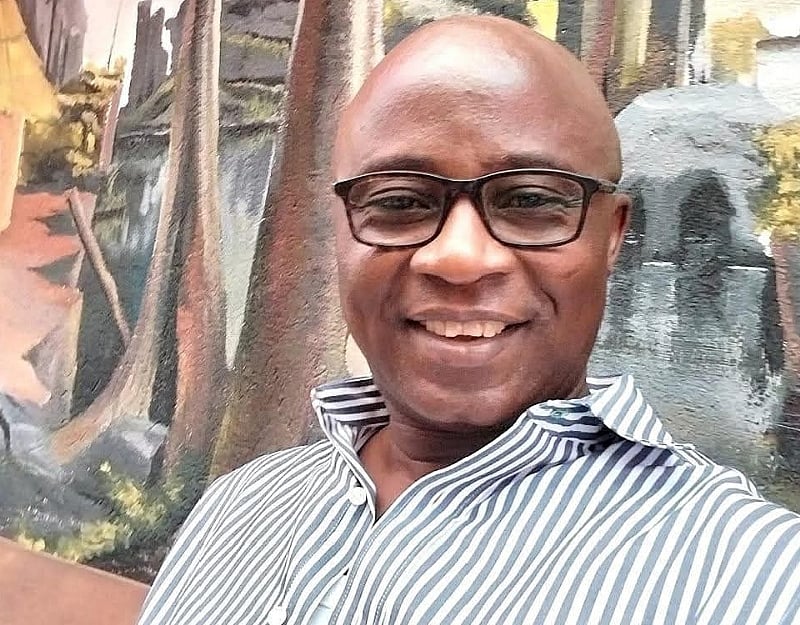Paragraph 1: The Call for Unity and the Ensuing Backlash
Kennedy Agyapong’s appeal for inclusivity and the reintegration of estranged members within the New Patriotic Party (NPP) has sparked a contentious debate within the party’s ranks. While Agyapong advocates for a united front, certain factions within the NPP have vehemently opposed his call, triggering a public exchange of criticisms and accusations. Private legal practitioner, Lawyer Nana Yaw Osei, has emerged as a strong defender of Agyapong’s position, denouncing those who oppose reunification as "misguided elements" creating unnecessary discord on social media. This internal conflict highlights the deep-seated divisions within the NPP and raises questions about the party’s ability to present a cohesive front in future political endeavors.
Paragraph 2: The Perceived Insignificance of Returning Members
Lawyer Osei challenges the critics’ concerns by asserting that the individuals who previously left the NPP have little to gain or lose from their potential return. He argues that many of these individuals did not benefit even during the NPP’s time in power, implying that their reintegration wouldn’t significantly alter the existing power dynamics within the party. This argument seeks to minimize the perceived threat posed by returning members, framing them as individuals whose influence and impact would be negligible. By downplaying the potential consequences of their return, Osei aims to neutralize the opposition’s arguments against a more inclusive approach.
Paragraph 3: Past Persecution and Resilience of Estranged Members
Osei’s defense of Agyapong’s call for unity extends beyond simply dismissing the significance of returning members. He highlights the alleged persecution faced by these individuals, claiming that their businesses were targeted and their residences placed under surveillance by elements within the NPP. The lawyer emphasizes the resilience of these estranged members, who, despite facing such adversity, managed to persevere. By portraying them as survivors of internal party struggles, Osei seeks to garner sympathy for their plight and underscore the injustice of continued hostility towards them.
Paragraph 4: Questioning the Hostility Towards Unity
The core of Osei’s argument lies in his questioning of the motivations behind the resistance to unity. He finds it perplexing that those who advocate for the reintegration of former members are met with such fervent opposition. Having highlighted the past hardships endured by these individuals, he suggests that their return should be welcomed as a step towards healing and strengthening the party. The hostility, in his view, is unwarranted and counterproductive, undermining the NPP’s overall stability and unity. He implies that this resistance stems from a place of fear and insecurity rather than genuine concern for the party’s well-being.
Paragraph 5: A Warning to Critics and a Call for Peace
Osei’s tone shifts from reasoned argument to a more forceful warning as he cautions those opposing reunification against further attacks on returning members. He suggests that any attempts to reignite past conflicts will be met with fierce resistance, metaphorically threatening that the "fire they’ll return will burn you into ashes." This strong language aims to deter further antagonism and emphasizes the resolve of those who have faced adversity within the party. Simultaneously, he advocates for a climate of peace and understanding, urging critics to allow estranged members to “enjoy their peace of mind.” This juxtaposition of a stern warning with a plea for peace highlights the delicate balance required to achieve true unity within the NPP.
Paragraph 6: The Strength of the Estranged and the Appeal for Unity
Osei concludes by emphasizing the strength and resilience of those who have left the NPP and subsequently faced adversity. He portrays them as individuals who have "survived the devil himself let alone his children," implying that they are now immune to further internal party attacks. This portrayal of resilience serves as a testament to their unwavering commitment to their beliefs and their ability to withstand pressure. The underlying message is clear: these individuals are not easily intimidated and will not be silenced. The final appeal is for unity and reconciliation, urging the NPP to embrace its former members and move forward as a stronger, more inclusive political force. This call for unity resonates with Agyapong’s initial plea and frames the debate as a choice between continued internal strife and a collaborative future for the party.














